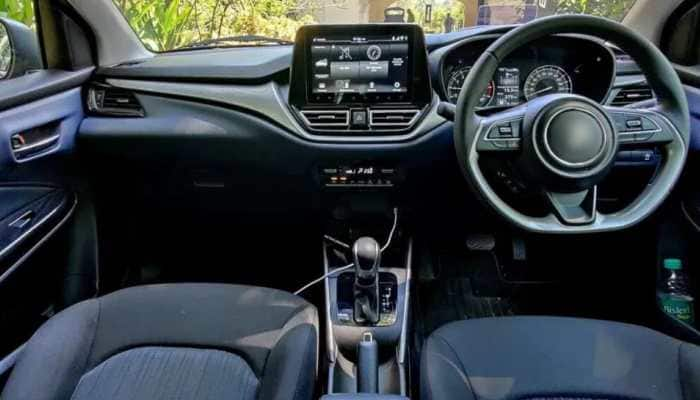Scientists develop safer flexible lithium-ion batteries
Lithium-ion batteries have become the energy storage method of choice for consumer electronics and military and aerospace systems alike.
Trending Photos
)
Washington: Scientists have developed a new type of flexible lithium-ion battery that is not hazardous and can withstand extreme conditions including submersion and ballistic impact.
Lithium-ion batteries have become the energy storage method of choice for consumer electronics and military and aerospace systems alike.
However, potential safety hazards associated with the organic electrolytes that are used in lithium-ion battery cells remain an ongoing concern.
Low-quality lithium-ion batteries, contain highly flammable, toxic, and moisture-sensitive electrolytes that make them prone to spontaneous explosions.
Scientists at the Johns Hopkins University, University of Maryland and the Army Research Laboratory in the US developed a new type of flexible lithium-ion battery build on a novel, highly-concentrated water-based electrolyte called "water-in- salt" that can address the instability of traditional lithium-ion batteries.
The team operated their flexible lithium-ion battery in open air with minimal packaging, using only some electronically insulating, heat-resistant tape to keep it in place. In their demonstration, the battery powered a significant motor load without any safety concerns.
To demonstrate the full safety potential, researchers performed a series of tests while the battery was in operation, including cutting it, immersing it in sea water, and subjecting it to ballistic testing at an Johns Hopkins Applied Physics Laboratory (APL) facility.
None of these tests would be possible with traditional lithium ion batteries.
Not only did these abuse tests cause no catastrophic failure, but the battery maintained its performance and continued to power the load even when damaged and completely exposed to air and water.
The safety of the water-in-salt electrolyte stems from the fact that the water is strongly bound to the high concentrations of salt, and that the electrolyte is slightly hydrophobic - meaning it repels water.
The team is looking for opportunities to transition the technology to make it available to the military.
"We wanted to show the real implications of this technology in practical applications," said Kostas Gerasopoulos, principal investigator at APL.
"Particularly for our military, with our soldiers exposed to extreme conditions and environments during their missions, the capability to maintain both safety and performance is unprecedented," said Gerasopoulos.
The current generation of flexible batteries shows considerable potential, but they are still in the prototype phase.
"We want to increase the robustness of the electrolyte and the energy density of the batteries even further," Gerasopoulos said.
"This work though proves the concept that we can build safe lithium-ion batteries that can survive mechanical abuse," he said.
Stay informed on all the latest news, real-time breaking news updates, and follow all the important headlines in india news and world News on Zee News.
Live Tv







)
)
)
)
)
)
)
)
)
)
